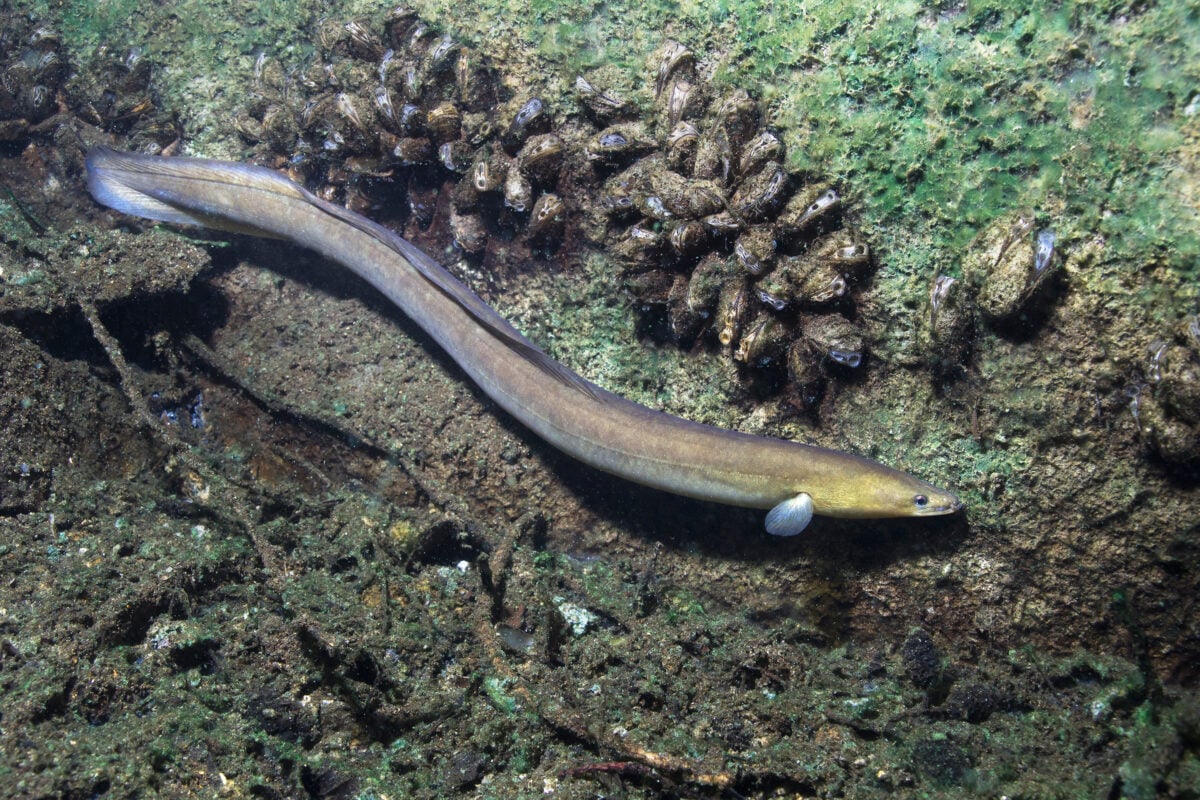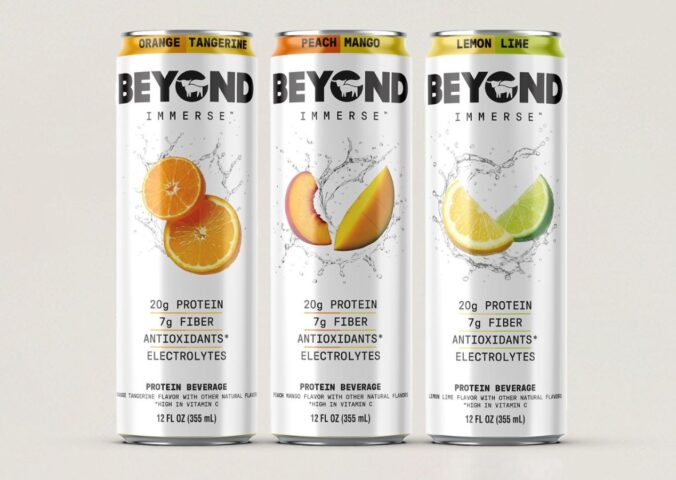Innovative food company Steakholder Foods has developed a vegan 3D-printed eel that is said to look and taste like the real thing.
As more people become aware of the environmental and ethical costs of eating fishes*, there is growing demand for vegan alternatives.
The company aims to “transform the way meat is sourced and supplied to the world.” The global eel market is currently valued at USD $4.3 billion.
Steakholder Foods told Plant Based News (PBN) that its plant-based 3D printed eel is fully scalable.
3D-printed meat and fish

The new vegan eel uses Steakholder Foods’ proprietary 3D-printing technology. This can change the way people consume animal products by taking away the problems of fish farming.
Indeed, 3D printing helps “ensure the production of tasty, safe, and consistent meat products,” the company states.
Steakholder Foods plans to provide businesses with 3D printers and ink. This should help make production commercially viable, it suggests In the long term, the company expects to mass produce 3D-printed eel at a competitive price.
As part of its plans to take vegan 3D-printed eel to market, the company recently signed a partnership with a Gulf Cooperation Council (GCC) governmental body. This will involve building a pilot plant in the Persian Gulf region where it will produce 3D-printed plant-based fish products, a spokesperson told PBN.
A multi billion dollar market
There is huge demand for eel meat around the world. Due to overfishing, wild European eels are now classed as a critically endangered species.
To keep up with demand, therefore, large eel farms have been growing. These come with many problems. Specifically, overcrowded conditions have caused disease outbreaks.
Vegan alternatives allow consumers to enjoy the flavors and textures of eel without the harms.
*While the English language typically refers to multiple fishes as “fish,” we choose to use “fishes” to emphasize their individuality.






